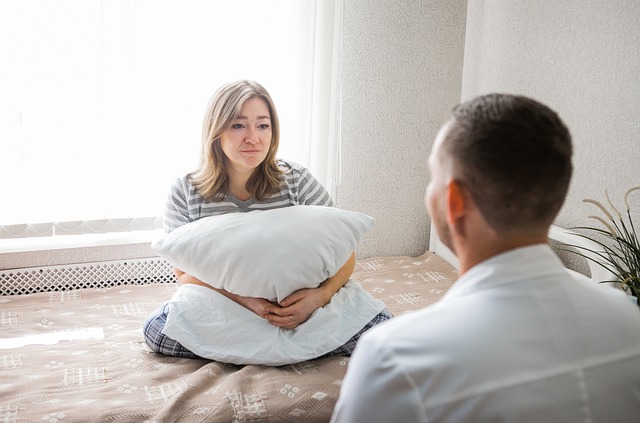When it comes to modernity, we live an excessive lifestyle. We work in office chairs and come home to couches. Our food is high in salt, sugar, and fat. Drinking is accepted in the culture. Opioid synthetics are prescribed to patients who become dependent on them and move on to cheaper drugs. When you or someone you love has become addicted to drugs and alcohol, luckily, there are several addiction treatments you can use to help you overcome dependence and work on your mental health. Below are five addiction and mental health treatments that work.
Dual Diagnosis
One of the most impactful forms of addiction treatment is dual diagnosis. Dual diagnosis recovery and treatment consider the addiction and the underlying mental health issues that may have caused it. Dual diagnosis is designed around the idea that to become addicted to drugs. There must have been some other mental health issues before it.
This is true in many cases. When someone uses drugs or alcohol to numb the pain, forget the past, or escape the present, they could suffer from depression, anxiety, post-traumatic stress disorder, or another mental health problem. With dual diagnosis, the patients receive comprehensive treatment that helps them find the root of the problem and treat that, as well as the physical and mental manifestations of addiction.
Detox Treatment
The withdrawal process can be dangerous when someone is physically addicted to a drug or alcohol. They might become sick. They could have a heart attack or a stroke in certain cases. Withdrawal from some drugs is even life-threatening. Alcohol treatment usually begins with a supervised detox. Coming off alcohol can be quite dangerous. It requires professional medical and psychological supervision. Suppose the person is physically dependent on a substance and can’t get off themselves because the withdrawals are painful or uncomfortable. In that case, it’s a good idea for them to undergo detox treatment.
Inpatient Treatment
When someone is addicted to drugs or needs a full psychological examination, they can go to an Inpatient Mental Health Facility for treatment. Inpatient is the type of treatment you’ve probably seen in the movies. Patients typically stay in for about a month to begin their recovery journey. During this time, they will attend group meetings, meet with personal counselors, and begin working on the steps. When it comes to treatment for addiction, people start going to 12-step meetings where they can learn from others, get a sponsor, and begin work on their long-term recovery.
Outpatient Treatment
Outpatient is like inpatient treatment, but it doesn’t require the person to stay overnight. This was designed for people who can come off drugs themselves but need the support to stay off them. It also helps these individuals in their work efforts. They can continue to work for the time they are in outpatient treatment. However, the program will likely require you to attend daily check-ins for meetings and counseling sessions. This could occur a few times a week, but just because you don’t sleep at the treatment center doesn’t mean it’s not intensive. Outpatient treatment is a great option for addiction and mental health patients alike.
Luxury Treatment
Believe it or not, many luxury addiction and mental health treatment options exist. These facilities employ the finest professionals. They’re held in beautiful, picturesque places. They offer amenities like high-end hotels. Luxury treatment includes yoga classes, guided meditation, day hikes, and more. If you need a break from it all and want to spend some time with your thoughts in a comfortable and private environment, luxury treatment could be for you. Not everyone can afford this level of attention, but you can greatly benefit from it.
Whether you or a loved one is physically addicted to drugs or is using to self-medicate mental health issues, treatment is needed for both issues. Dual diagnosis mental health treatment combines addiction recovery and attention to the underlying issues that led the person to this point. Depending on the nature of the problem, there are numerous solutions available. If you put in the effort to find the right program and treatment center, it will ultimately pay off.
Featured Image by Александр Александров from Pixabay

